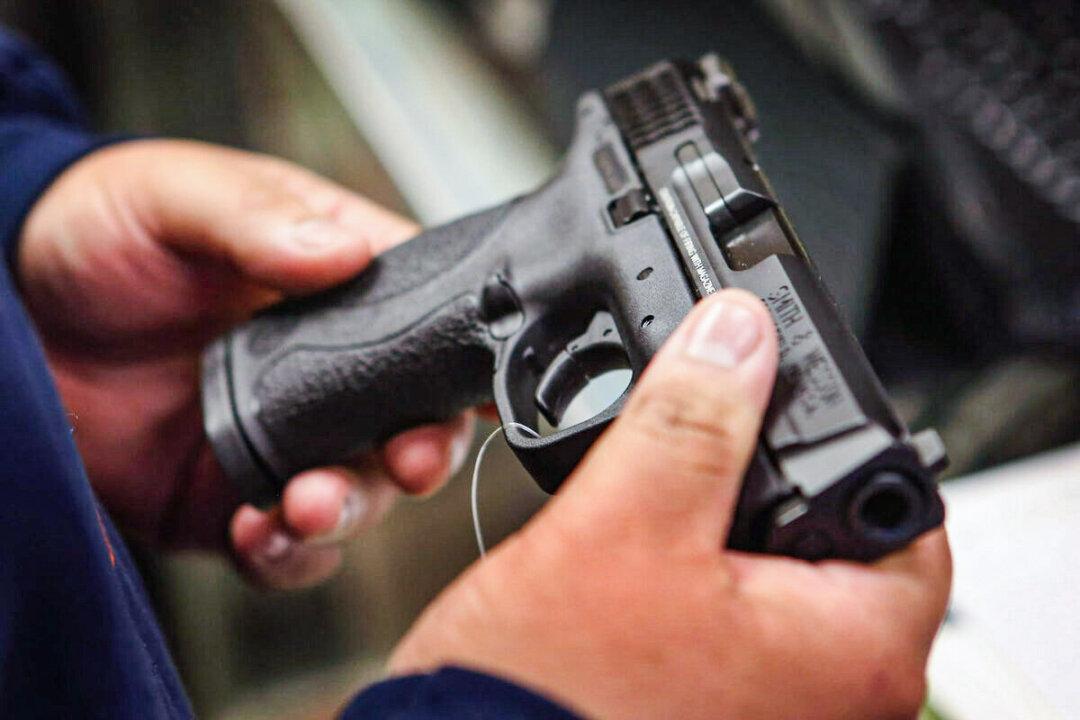In a decision that could have a major impact on the exercise of Second Amendment rights, a split Ninth Circuit panel has ruled that convicted felons can own guns, at least when it comes to non-violent offenders who have re-entered society.
The case involves the conviction of Steven Duarte, a California man who was arrested in 2020 after he tossed a handgun out of a moving car during a traffic stop.





